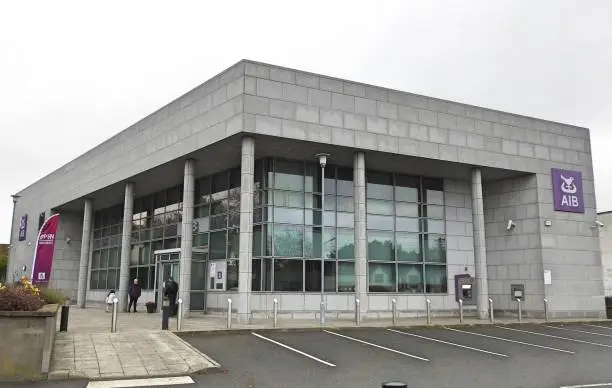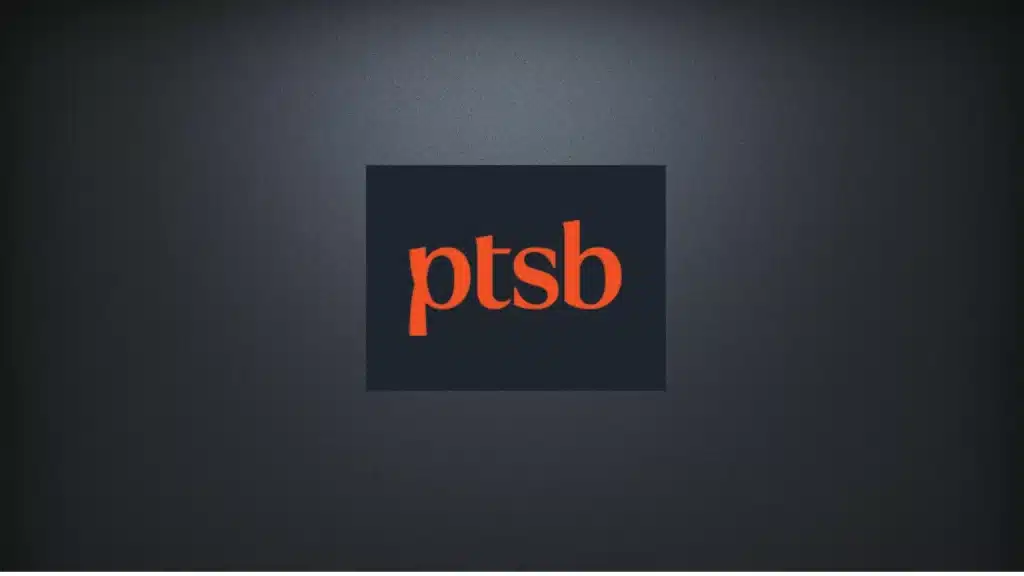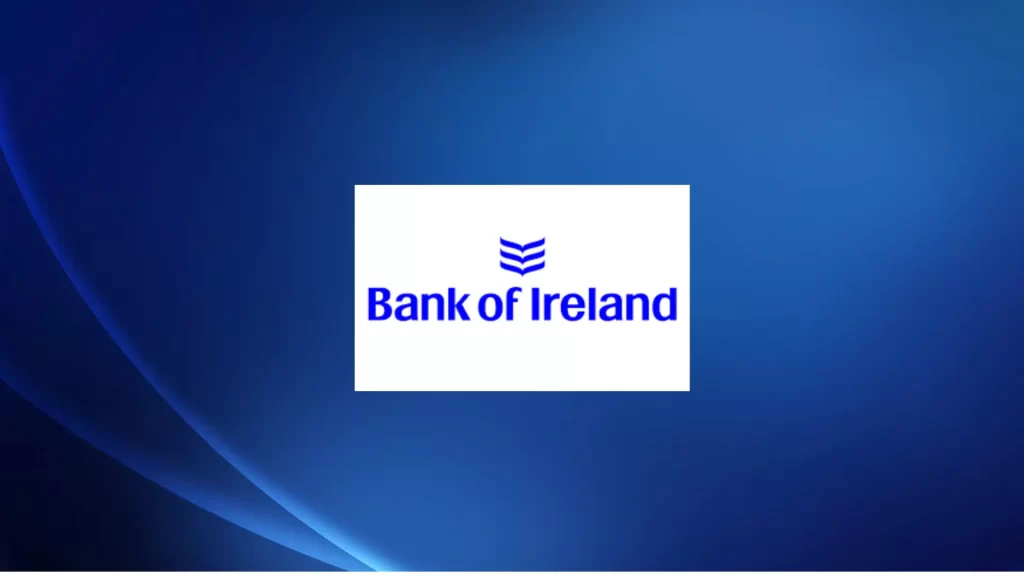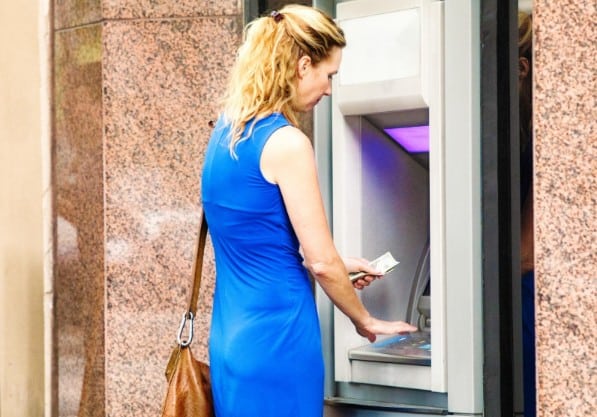Banking
We rely on banking for our day to day lives and activities such as drawing salaries, paying bills, buying homes, building up savings and taking out loans. We will provide you with what you need to know on available banking options and how best to use them.
Explore by
Best Current Accounts
Glossary of Banking Terms
Frequently Asked Questions
What is the best bank in Ireland?
The best bank account for you depends on your individual needs and preferences. There are several banks in Ireland that offer different types of bank accounts with varying features and benefits. There is no one bank that’s best for everyone. If you want an online bank or a bank with an online only banking and also a physical branch. Perhaps you are looking for better interest rates on your deposits and lower charges on services. Based on your answers you can narrow down your search and find the best bank for you.
>> Learn more: Best Banks in Ireland
Is there a difference between a bank and a credit union?
Banks and credit unions are both financial institutions that offer similar products and services, but there are some key differences between them. The main difference is that banks are for-profit institutions, while credit unions are not-for-profit institutions. This means that banks are owned by shareholders and are focused on making a profit, while credit unions are owned by their members and are focused on providing the best possible terms for their members’ financial products.
>>Learn more: What are credit unions in Ireland?
How does a bank make money?
Banks make money by providing financial services to their customers. They charge fees for various transactions, such as opening accounts, transferring money, issuing cards, and lending money. They also earn interest from the deposits they hold and the loans they give out. Banks also invest some of their funds in other assets, such as stocks, bonds, or commodities, and make profits or losses from the changes in their value.
>> Learn more: How do banks make money?
is your money safe in the Irish bank?
Irish banks are regulated by the Central Bank of Ireland, which is responsible for ensuring that they comply with the prudential and supervisory standards set by the European Union. The Central Bank also provides liquidity support and emergency funding to the banks if needed. The Irish government has also guaranteed the deposits of all retail customers up to €100,000 per person, per institution, under the Deposit Guarantee Scheme. This means that if a bank fails, you will not lose your money up to that amount.
>>Learn more: Understanding deposit guarantee scheme
What are the 5 most important banking services?
Banking services are essential for individuals and businesses to manage their finances, access credit, and invest in opportunities. In Ireland, some of the most important banking services are: mortgages, loans, current accounts, savings accounts and credit cards
>> Learn more: Overview of banking services in Ireland
Latest Articles on Banking
- December 19, 2024
Banking
- December 23, 2024
- December 25, 2024
Discover the historical journey of current accounts, from their origins in ancient civilizations to the modern digital era. This article delves into the historical evolution and technological advancements.













